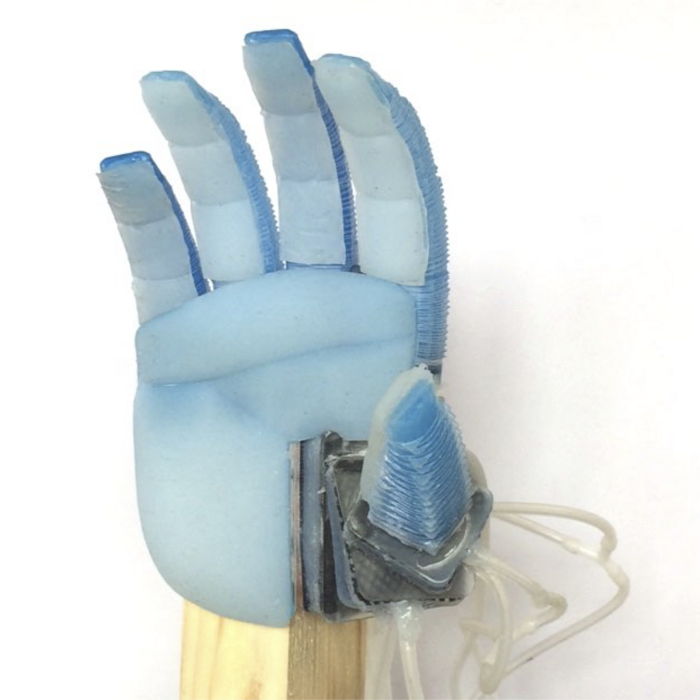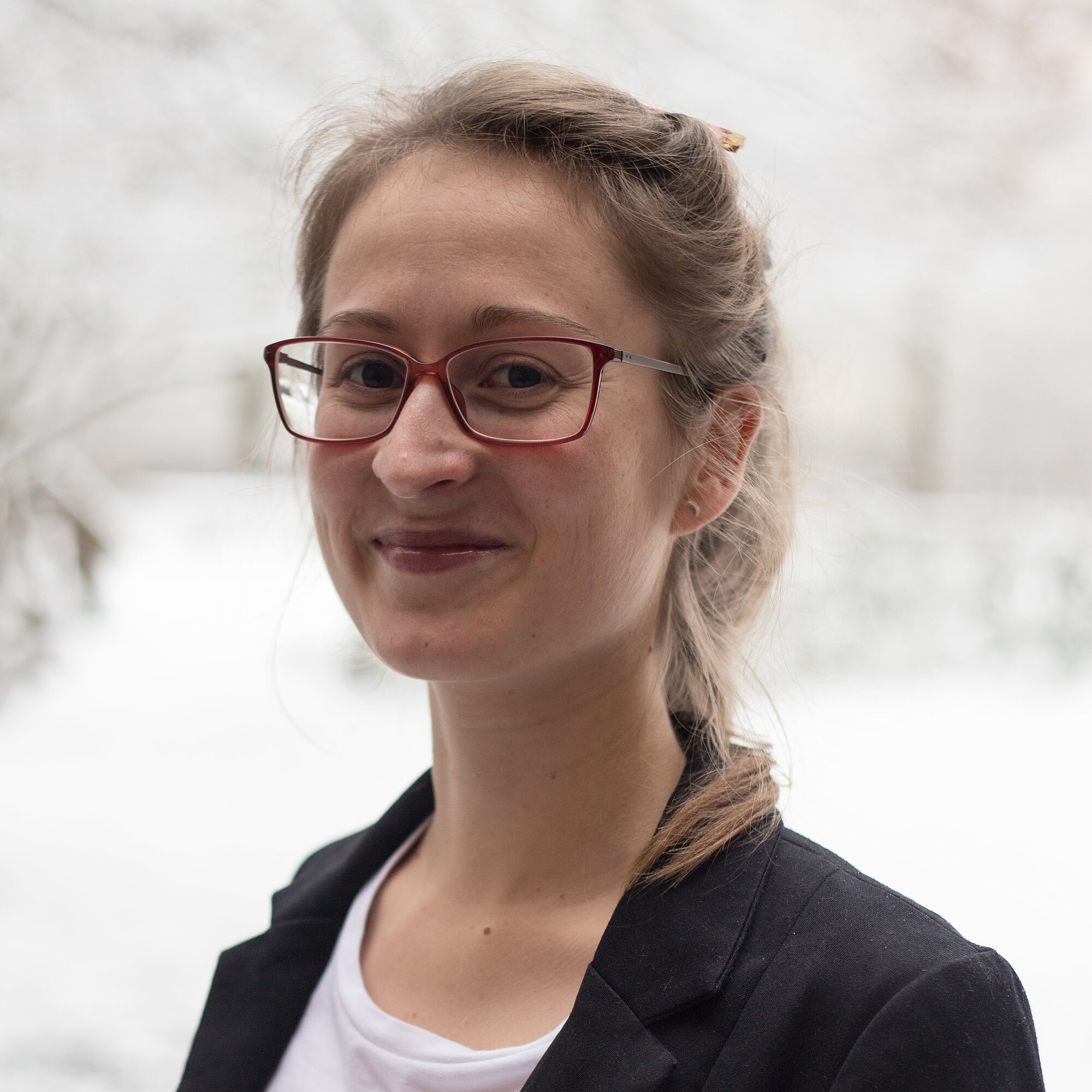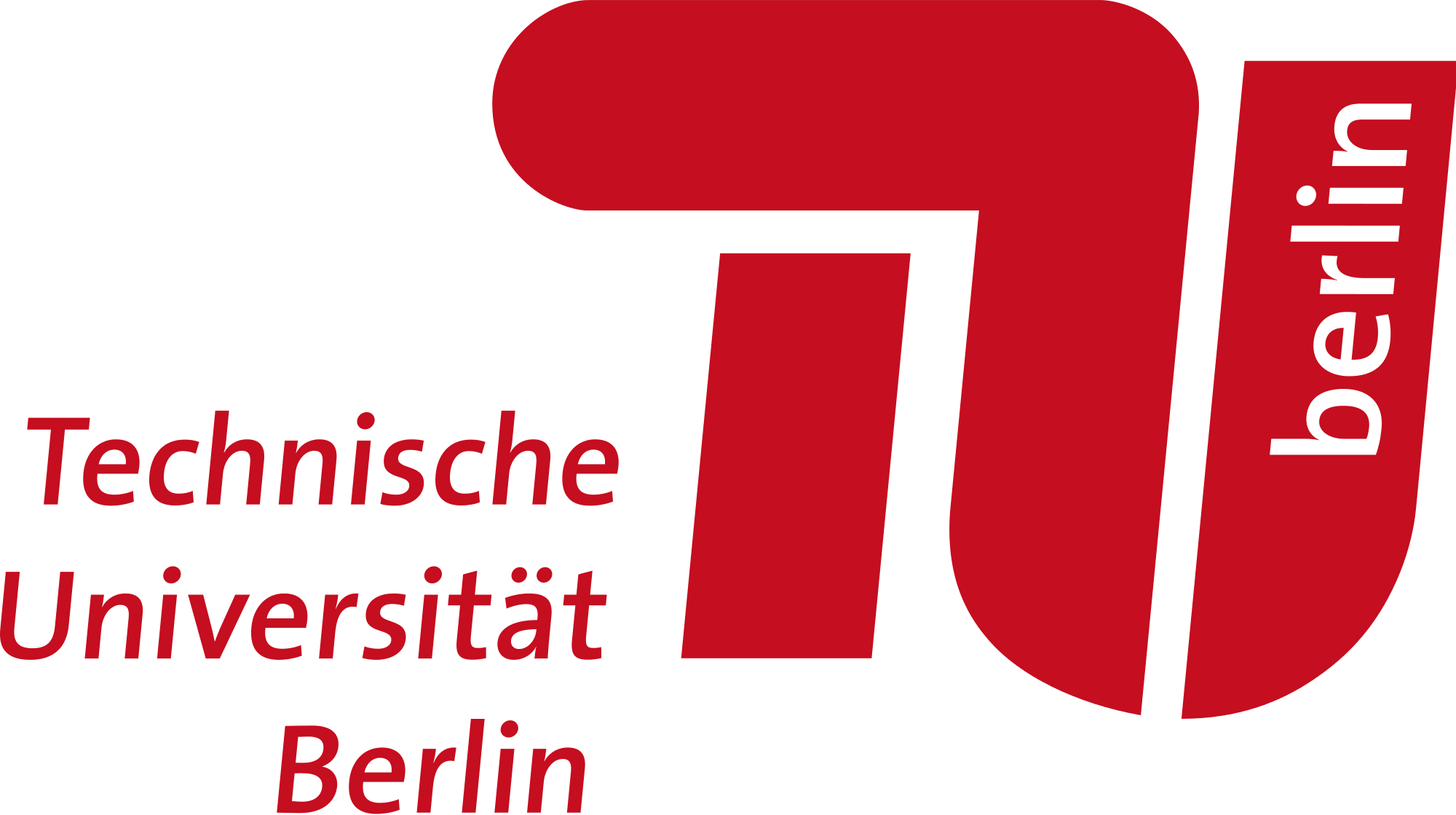Soft material robotics offers important advantages over traditional, "hard" robotics. The behavior of a soft robot is not exclusively the result of control commands, as is the case for hard robots. Instead, behavior is also determined by the robot's shape and material properties, i.e. the robot's morphology. As soft robots come into contact with their environment, they deform, implicitly performing aspects of control, sensing, and actuation. Clever morphological design therefore favorably affects the robot's behavior while at the same time simplifying control and sensing. The benefits of appropriate morphological design have been demonstrated in many systems and applications, ranging from swimming robots to flying robots and from grasping to locomotion.
The "programming" of soft robots, however, remains largely an open problem. Whereas for hard robots, programming meant the specification of actuation commands, in the case of soft robots we must program control as well as "program" the robot's morphology to fully leverage the advantages afforded by soft material robotics. And, of course, these two problems interact very closely. We therefore speak of a co-design problem: we must determine control and morphology together to determine the behavior of a system. Existing solutions to this problem consist of solution instances designed by intuition and trial-and-error. For soft material robotics to mature as a field, we must develop an understanding of this novel design process and derive design guidelines that transfer between problems.
In this project, we map the design space of feedback control and morphological design in the context of in-hand manipulation. Successful in-hand manipulation requires many contact points between hand and object, leading to significant demands on control, sensing, and morphology. We will therefore be able to address many design challenges in a simple experimental setup with immediate and clear performance feedback. Within the domain of in-hand manipulation, we will derive an understanding of the co-design space, we will develop computational tools and hardware components to support the design process, and we will derive generalizable design insights that can transfer to other application of soft material robotics.







